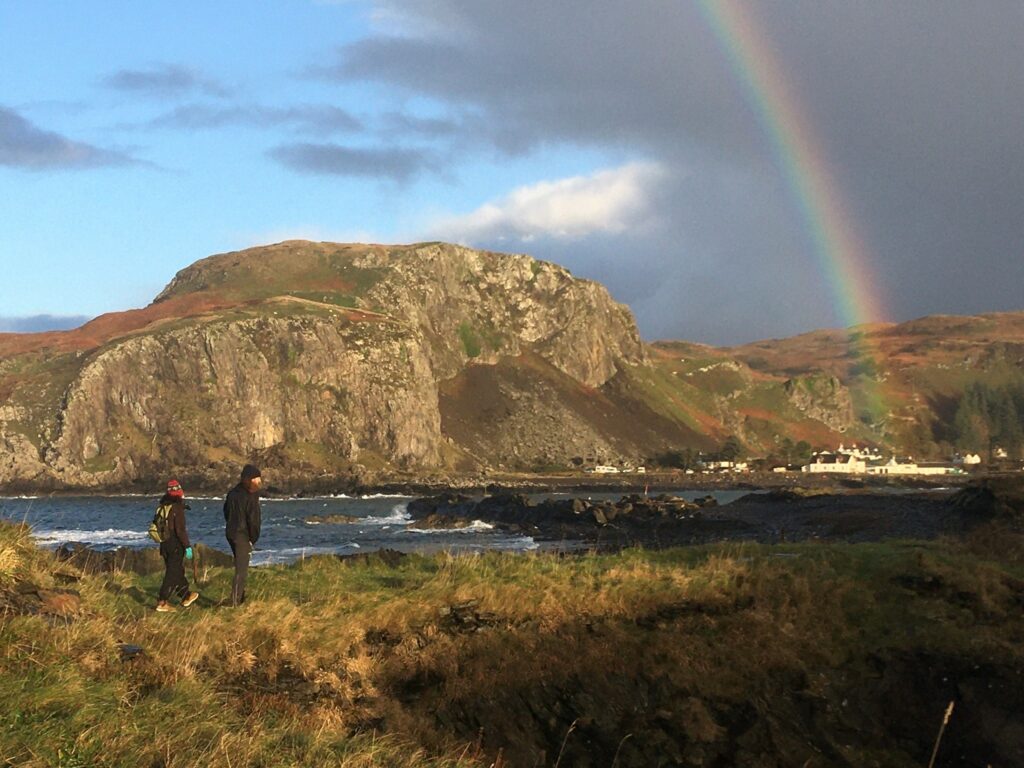
It is now four months since I joined ERCS as policy & advocacy officer and, in that time, we’ve achieved a lot!
Just days after starting the job, in July we were greeted with welcome news that the Scottish Government had agreed to exempt some environmental cases from court fees, which can amount to thousands of pounds. This is a key demand of our advocacy manifesto, and reduces barriers to justice on environmental matters in judicial reviews and planning appeals. However, more action is needed to ensure access to justice on the environment is affordable, and we are pushing to ensure that court fees are removed from all environmental cases.
In late July, the UK government released its UN mandated Action Plan to address ongoing non-compliance with the Aarhus Convention’s access to justice requirements. The Action Plan was supposed to demonstrate how the government will act to ensure court procedures are made ‘fair, equitable, and not prohibitively expensive’, but as our evaluation pointed out, it fell far short of these ambitions. We analysed the Scottish Government’s contribution to the Action Plan and concluded that acknowledgement of non-compliance was not matched with concrete legal reforms. Our concerns were communicated in a letter to Scottish Government ministers, and covered by a double-page feature article in the Herald.
We also submitted a representation to Environmental Standards Scotland (ESS) on the barriers to access to environmental justice. ESS is the new independent body with responsibility to ensure Scotland has high environmental standards, address systemic failures in governance and prevent enforcement gaps arising from Brexit. Our intention is to exert this additional pressure to address Scotland’s non-compliance with the Aarhus Convention.
In August, we joined with our friends at Planning Democracy, RSPB Scotland, and Friends of the Earth Scotland to submit a joint complaint to the Aarhus Convention Compliance Committee arguing that planning appeal rights in Scotland are not ‘fair’ and therefore in breach of the Convention. We summarised our arguments in a joint briefing with Planning Democracy, and our complaint was again reported in the Herald.
We have developed strong relationships with MSPs, who have raised parliamentary questions on our behalf, and continue to work with Scottish Environment LINK and environmental NGOs to strengthen environmental governance across Scotland.
Looking forward, there is exciting work to come on our advocacy for a specialist environmental court. Notably, section 41 of the UK Withdrawal from the European Community (Continuity) (Scotland) Act 2021 comes into effect and places a duty to consult on, ‘whether the law in Scotland on access to justice on environmental matters is effective and sufficient, and whether and, if so, how the establishment of an environmental court could enhance the governance arrangements’. ERCS will take this opportunity to ensure we build a strong civil society voice to advocate for a specialist environmental court with a comprehensive jurisdiction to develop expertise and enable affordable, accessible, timely and effective access to justice on the environment.
We will also be organising workshops on the human right to a healthy environment, in preparation for the delayed Human Rights Bill consultation, now due next year. Our petition continues to grow, and we now have nearly sixty organisations and over 1200 individuals who have signed up. We know folk across Scotland are clamouring for change, and we’re determined to make sure those voices are heard.
Benji Brown, October 2022




